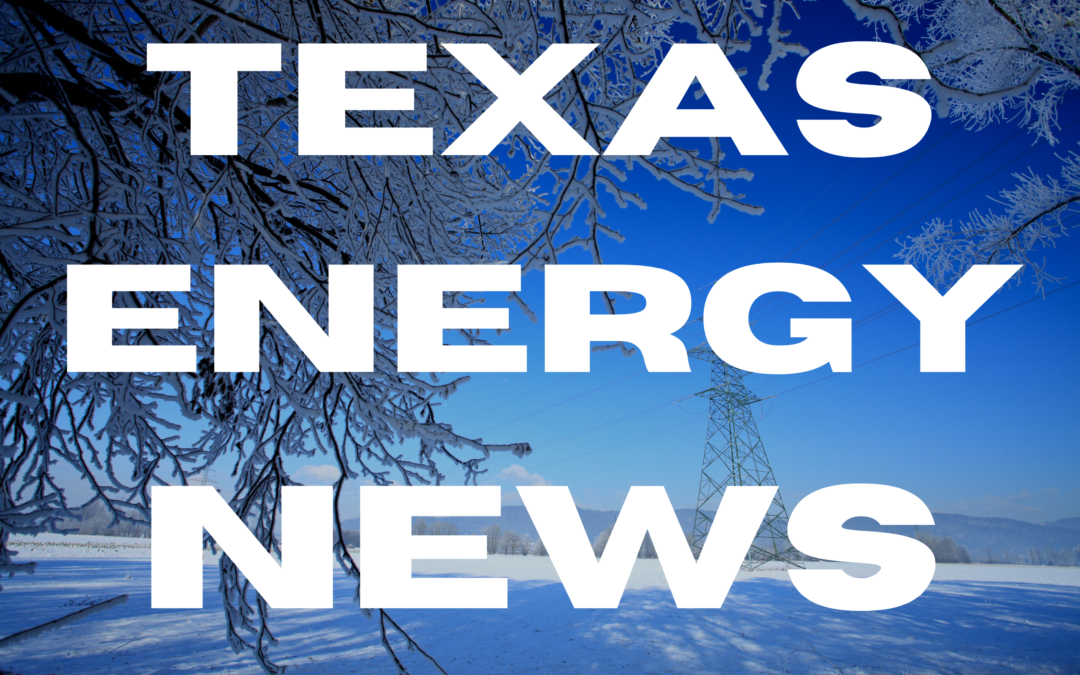Although generally supportive of the proposed changes, the city coalition called for further clarity regarding “interruptible contracts” and other consumer protections.
________________________________________________
 Human needs customers such as hospitals, schools and emergency services should not be subjected to interruptible contracts for gas service, under a consumer protection recommendation from a major city coalition.
Human needs customers such as hospitals, schools and emergency services should not be subjected to interruptible contracts for gas service, under a consumer protection recommendation from a major city coalition.
Issued by the Atmos Cities Steering Committee, the recommendation was among several it submitted to the Texas Railroad Commission as the agency considers overhauling its emergency gas curtailment rules in the wake of Winter Storm Uri. Although generally supportive of the proposed changes, ACSC called for further clarity regarding “interruptible contracts” and suggested other consumer protections.
Attorney Thomas Brocato, writing January 7 on behalf of ACSC, noted that cities have played a historic role in ensuring reliable gas service within their municipal boundaries. As such, “ACSC appreciates the steps taken by the legislature and the Commission to ensure cities never experience the extensive power outages and struggles with adequate gas supply that occurred last February,” wrote Brocato.
“Like others across the state, ACSC cities were severely impacted by Winter Storm Uri,” he wrote.
The proposed new rules would replace the 1970s-era “Order 489” relating to gas deliveries during “curtailment events;” i.e., when gas utilities lack sufficient supply to serve all customers. Railroad Commission staff proposed the new gas curtailment rules on November 8 and target an April 1 effective date.
In specific terms, the proposed new rules would amend a section of the Texas Administrative Code (16 TAC § 7.455) relating to curtailment standards. The proposed rules likewise repeal a section of the Texas Administrative Code (16 TAC § 7.305) relating to the agency’s existing curtailment program. The new rules broadly parallel emergency guidelines that the Railroad Commission issued in February in response to Winter Storm Uri.
The rules also require gas utilities to file their curtailment plans with the Railroad Commission within 90 days of the effective date of the rules. Utilities must maintain curtailment emergency contact information with the commission.
In their comments, ACSC expressed broad support for the changes, but also offered a number of related recommendations and suggestions. Among them:
- The Commission should explicitly define the terms “firm” and “interruptible” within the context of gas deliveries. “Without clear definitions for these critical terms, the rule is ambiguous and may fail to provide its intended protections,” Brocato wrote.
- Human needs customers such as residences, schools, places of worship, hospitals, police, fire, military, and civil defense facilities should not be subject to interruptible contracts.
- The Commission should address how contractual force majeure clauses will fit into the curtailment order, if at all. “The Commission’s clarification should consider whether the clauses should conform to the curtailment order, whether the clauses supersede the order, or whether the clauses fall outside the order altogether,” wrote Brocato.
- The Commission should propose an effective date that includes curtailment standards for the upcoming winter season, or otherwise provide a clear plan for possible curtailment during the time-period preceding the April 1, 2022 effective date.
The ACSC is a coalition of 179 cities in North and Central Texas, and has been a regular participant in the rate cases of Atmos Energy and its predecessor companies for nearly three decades.

